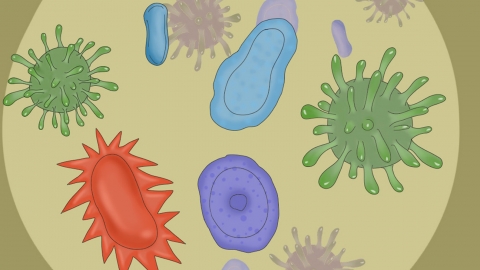Will there be antibodies after infection with influenza A?
Generally, "Jia Liu" refers to Influenza A. After infection with Influenza A, antibodies are typically produced. Detailed analysis is as follows:

Influenza A is a respiratory infectious disease caused by the Influenza A virus. After the human body is infected with the Influenza A virus, the immune system is activated and identifies the antigens on the virus surface, thereby initiating an immune response. Among this process, B lymphocytes produce specific antibodies against the Influenza A virus. These antibodies can bind to the virus, prevent it from invading cells, assist in clearing the virus by the immune system, and provide some degree of protection, reducing the risk of reinfection with the same virus.
In general, Influenza A virus antibodies can remain in the body for 6–12 months, but the exact duration may vary due to individual differences. For example, individuals with stronger immune function may maintain antibodies for a relatively longer period, while those with weaker immune function may experience a faster decline in antibody levels. Additionally, because the Influenza A virus has a high degree of variability, the antibodies may not offer complete protection against new viral strains.
Even after infection with the Influenza A virus and development of antibodies, preventive measures should still be taken, such as vaccination and maintaining good personal hygiene habits, to avoid reinfection.









